Attack on third-party software vendor disrupts NHS ambulance services
The ambulance services serve more than 10 million people across the south of England


Sign up today and you will receive a free copy of our Future Focus 2025 report - the leading guidance on AI, cybersecurity and other IT challenges as per 700+ senior executives
You are now subscribed
Your newsletter sign-up was successful
NHS ambulance services in the south of England have been impacted by a security incident at a third-party service provider, with systems knocked offline and staff unable to access records.
South Western Ambulance Service Foundation Trust (SWASFT) and the South Central Ambulance Service Trust (SCAS), have both reported that staff have been forced to rely on paper records following the incident.
The source of the disruption has been traced to an attack on Ortivus, a Swedish third-party software provider for the trusts.
Both ambulance services use the firm’s MobiMed software, which provides real-time information sharing for paramedics “throughout the pre-hospital care chain”.
The software is used by more than 12,000 paramedics across Europe and the UK, including hundreds of ambulances across the two trusts.
Last week on 18 July , the Swedish company confirmed it had fallen victim to a cyber attack that targeted its data center environment.
The firm revealed that electronic patient records were unavailable and that users would be forced to use manual systems “until further notice”.
Sign up today and you will receive a free copy of our Future Focus 2025 report - the leading guidance on AI, cybersecurity and other IT challenges as per 700+ senior executives
Ortivus insisted at the time that no patients had been “directly affected” by the incident, adding that “no other systems have been attacked and no customers outside of those in the hosted data center have been affected”.
RELATED RESOURCE
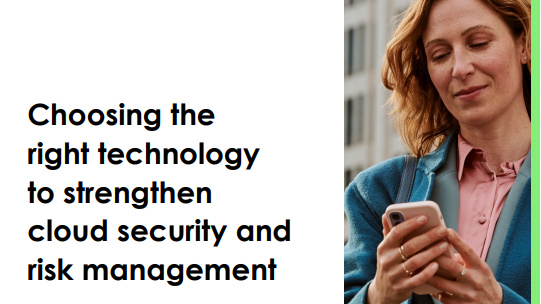
Choosing the right technology to strengthen cloud security and risk management
Get started on finding an automated solution that addresses your key security concerns.
In a follow-up statement on 21 July, the firm said that it was “ready to re-initiate” MobiMed electronic patient records for customers that were affected by the attack.
Ortivus noted that it was awaiting “final approval by NHS authorities before the ambulance trusts can reconnect”.
“Ortivus can announce that the MobiMed ePR system that was hit by the previously reported cyber attack is ready to be re-initiated for the affected customers as an interim live environment has been constructed using new equipment,” the firm said.
“Before the system can be brought into operation it has to be approved and verified by an independent actor to ensure that the system meets certain criteria indicated by NHS England and the Ambulance Trusts.”
Exact details on the scale of the attack, or those responsible, are yet to be confirmed by Ortivus. Similarly, whether patient data has been directly exposed as a result of the attack is yet to be confirmed.
An NHS spokesperson told ITPro it was aware of the incident and that it was working with the affected trusts.
“We are aware of an incident affecting a small number of ambulance services. Our Cyber Security Operations Centre is working with affected organizations to investigate, alongside law enforcement colleagues, and supporting suppliers as they work to reconnect the system.”
Lucrative targets in healthcare
This attack marks the second major cyber-related disruption for NHS services in the space of a month.
In early July, the Barts Health NHS Trust was struck by a cyber attack believed to have been carried out by the BlackCat ransomware group.
The trust was cited on the group’s dark web victim blog in the wake of the incident with claims that several terabytes of sensitive data had been compromised.
This included “confidential documents” such as financial details and copies of passports and driving licenses, the group claimed.
Spencer Starkey, VP of EMEA at SonicWall, said the incident serves as a stark reminder that healthcare organizations are viewed as prime targets for highly sophisticated and aggressive hacker groups.
“The recent heinous attack on the UK NHS ambulance service is one of many reminders of the threat the healthcare industry currently faces,” he said.
“Cyber criminals are actively targeting the most critical aspects of our society. In this digital era, the abundance of servers and processing power has created an ideal environment for cyber criminals seeking systems to exploit for their own gain.”
Despite the increased targeting of healthcare organizations globally, research from ENISA has shown that many still employ lackluster defenses to counter growing threats.
Its analysis of the healthcare industry in the EU found that only 27% of organizations have a dedicated ransomware defense program.
Similarly, nearly half (40%) told the cyber security agency that they have “no security awareness program for non-IT staff”, which could be exacerbating risks.

Ross Kelly is ITPro's News & Analysis Editor, responsible for leading the brand's news output and in-depth reporting on the latest stories from across the business technology landscape. Ross was previously a Staff Writer, during which time he developed a keen interest in cyber security, business leadership, and emerging technologies.
He graduated from Edinburgh Napier University in 2016 with a BA (Hons) in Journalism, and joined ITPro in 2022 after four years working in technology conference research.
For news pitches, you can contact Ross at ross.kelly@futurenet.com, or on Twitter and LinkedIn.
-
 CISOs are keen on agentic AI, but they’re not going all-in yet
CISOs are keen on agentic AI, but they’re not going all-in yetNews Many security leaders face acute talent shortages and are looking to upskill workers
-
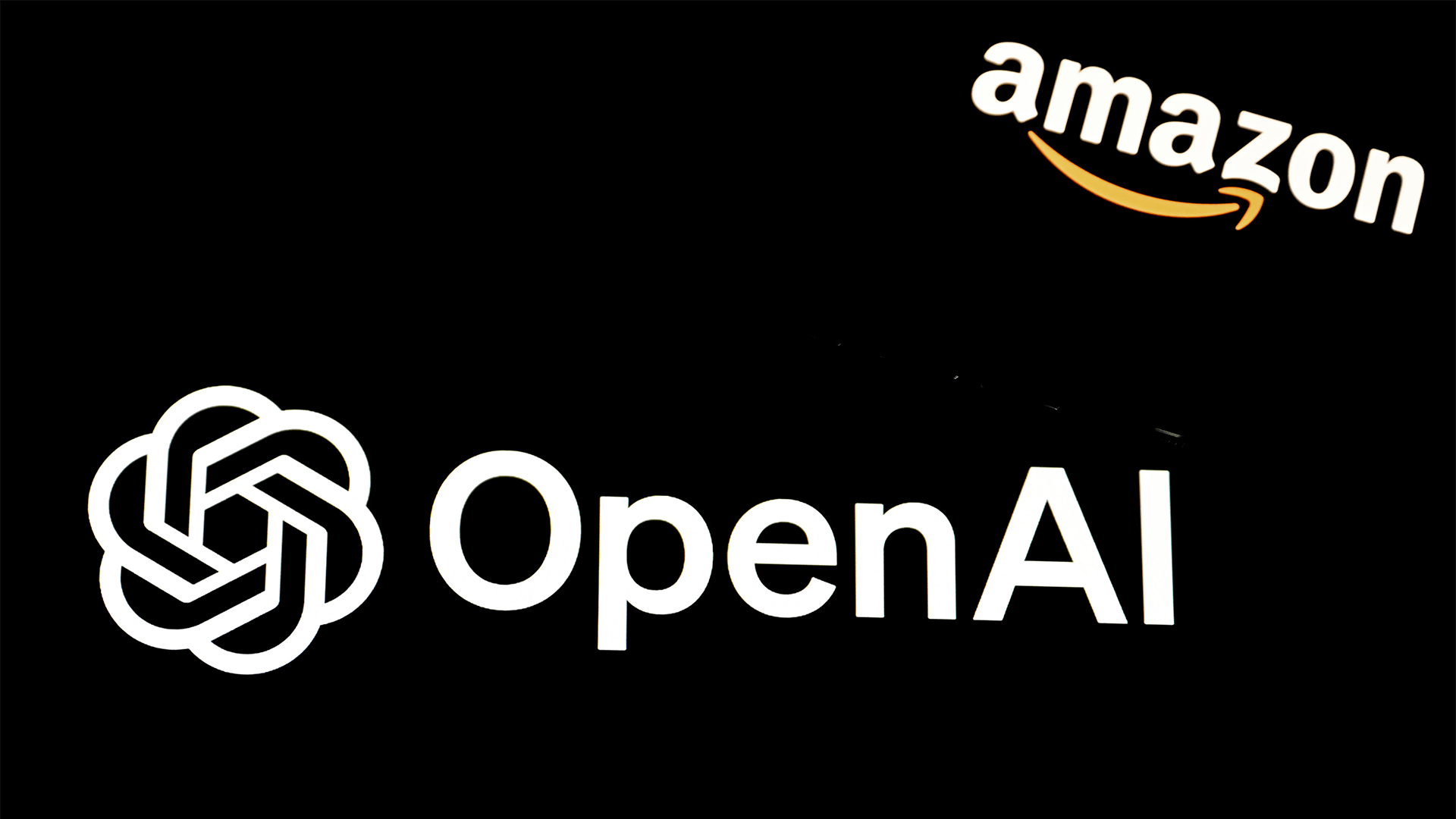 Why Amazon’s ‘go build it’ AI strategy aligns with OpenAI’s big enterprise push
Why Amazon’s ‘go build it’ AI strategy aligns with OpenAI’s big enterprise pushNews OpenAI and Amazon are both vying to offer customers DIY-style AI development services
-
 NHS supplier DXS International confirms cyber attack – here’s what we know so far
NHS supplier DXS International confirms cyber attack – here’s what we know so farNews The NHS supplier says front-line clinical services are unaffected
-
 Two more NHS Trusts have been hit with cyber attacks – here’s what we know so far
Two more NHS Trusts have been hit with cyber attacks – here’s what we know so farNews A flaw in a third-party device management tool appears to be the source of the incident
-
 NHS England launches cyber charter to shore up vendor security practices
NHS England launches cyber charter to shore up vendor security practicesNews Voluntary charter follows a series of high-profile ransomware attacks
-
 NHS supplier hit with £3m fine for security failings that led to attack
NHS supplier hit with £3m fine for security failings that led to attackNews Advanced Computer Software Group lacked MFA, comprehensive vulnerability scanning and proper patch management
-
 Cyber attack delayed cancer treatment at NHS hospital
Cyber attack delayed cancer treatment at NHS hospitalNews A cyber attack at Wirral University Teaching Hospital in 2024 delayed critical cancer treatment for patients, documents show.
-
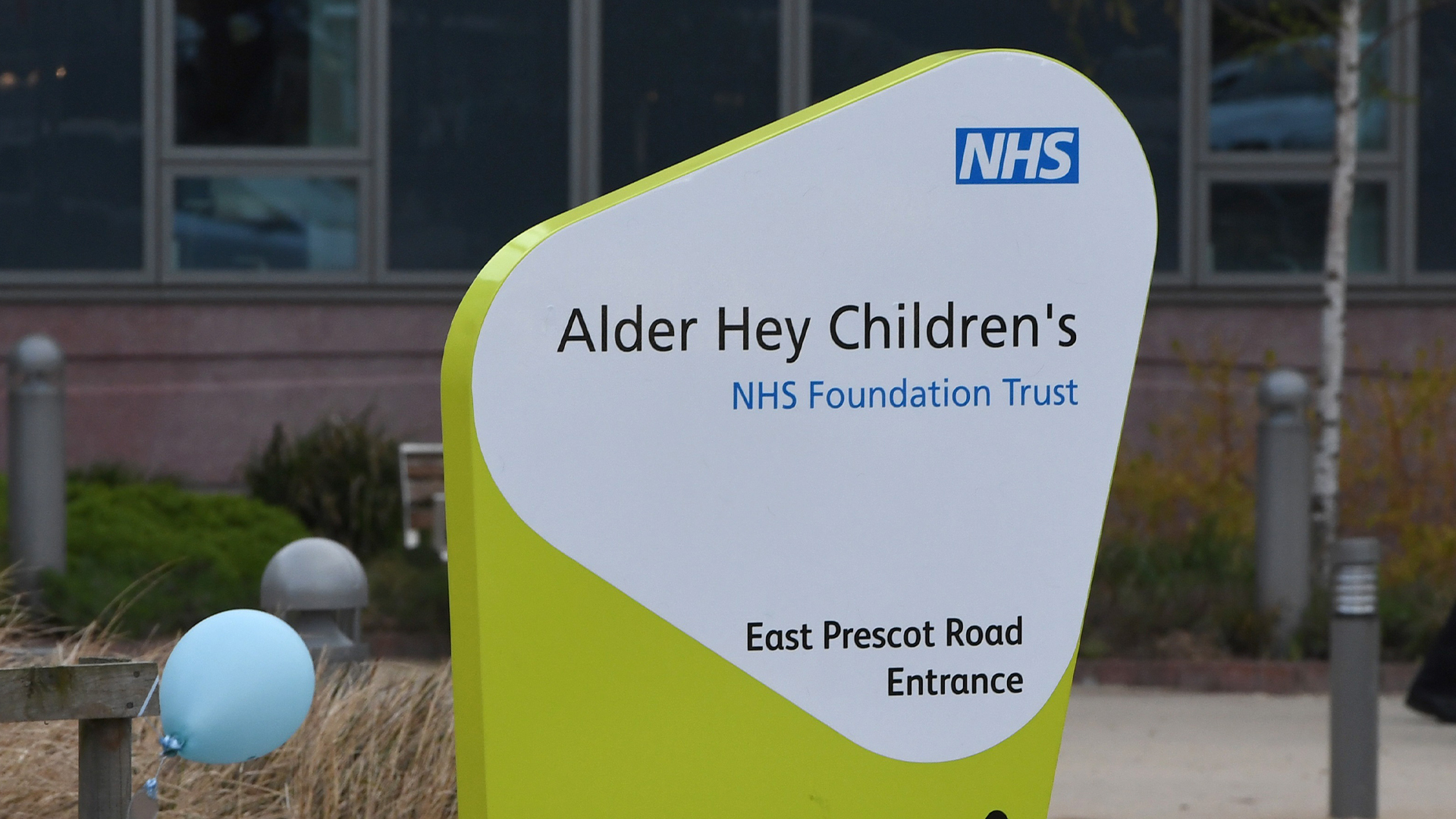 Alder Hey Children’s Hospital confirms hackers gained access to patient data through digital gateway service
Alder Hey Children’s Hospital confirms hackers gained access to patient data through digital gateway serviceNews Europe’s busiest children’s hospital confirmed attackers were able to steal data from a compromised digital gateway service
-
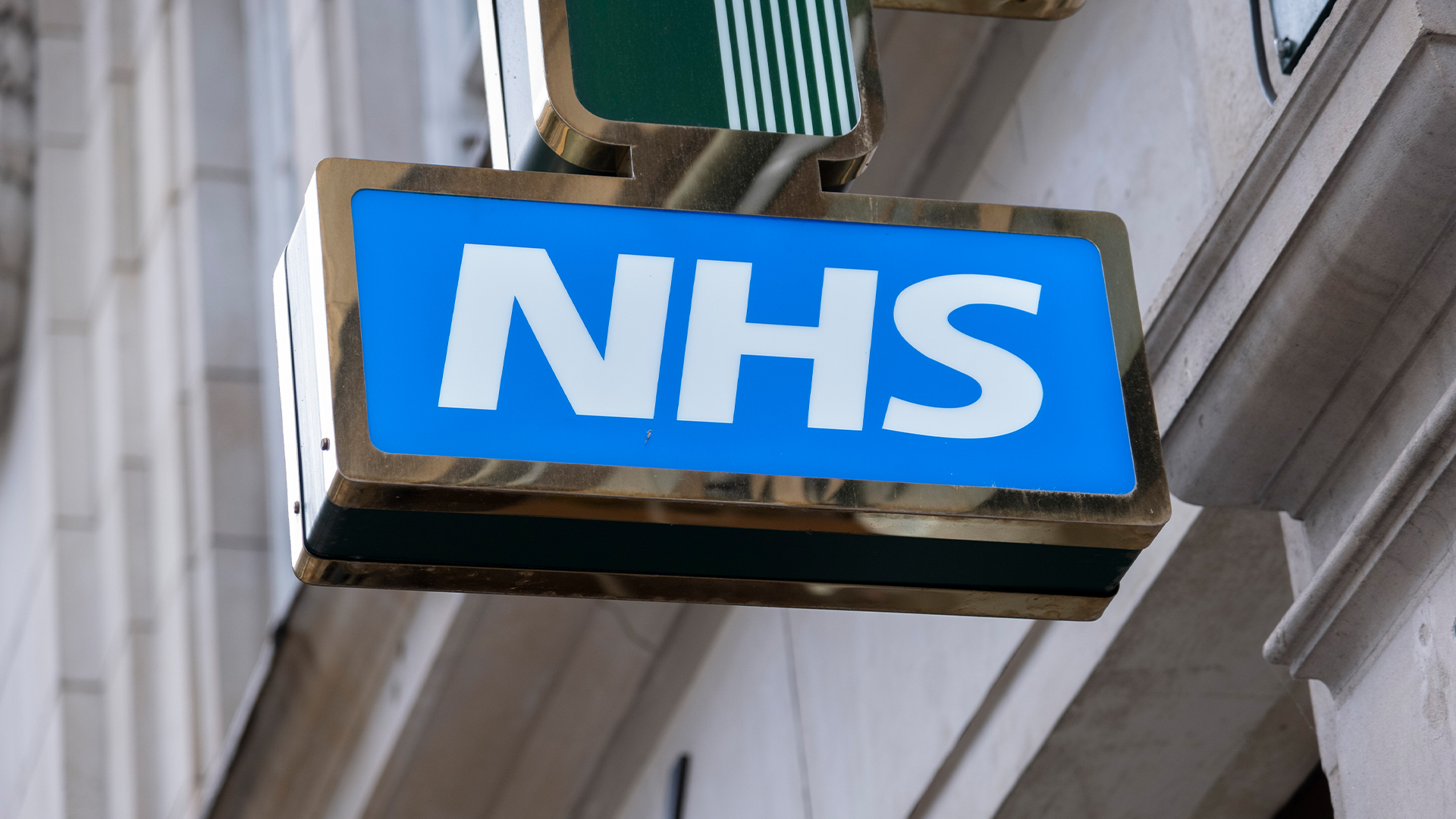 Major incident declared as Merseyside hospitals hit by cyber attack
Major incident declared as Merseyside hospitals hit by cyber attackNews The incident, which has led to cancelled appointments, is just the latest in a series of attacks on healthcare organizations
-
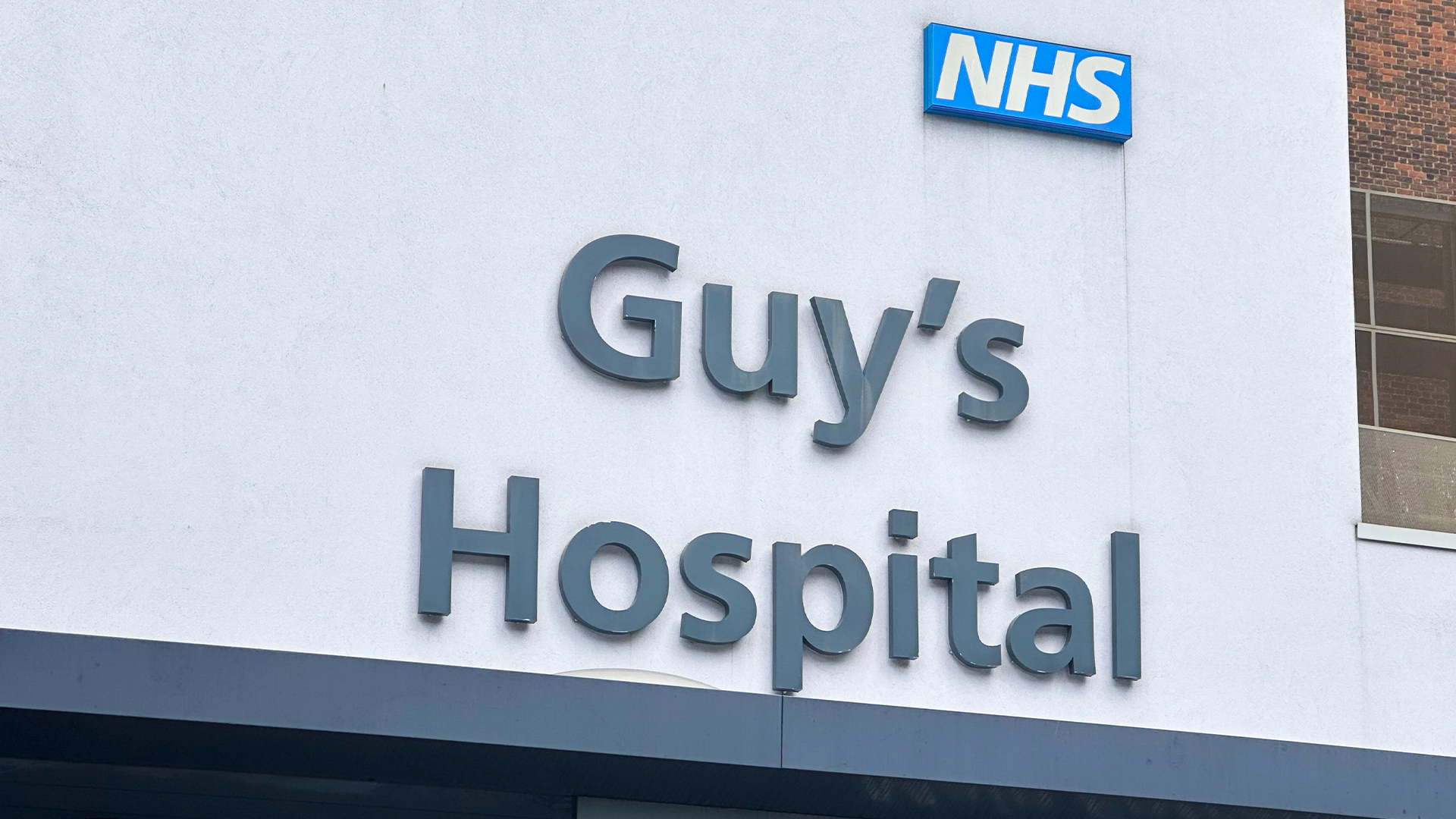 Thousands of procedures canceled at London hospitals as Qilin releases blood test data
Thousands of procedures canceled at London hospitals as Qilin releases blood test dataNews The attack on blood testing company Synnovis continues to affect patients, while the ransomware group follows through with its threats